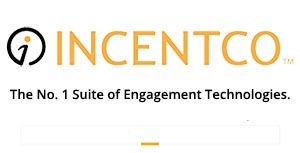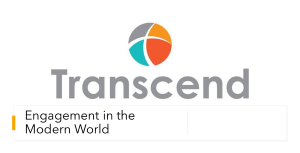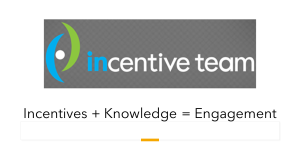New Research Demonstrates Role of Emotions, Confidence in Sales Effectiveness
Emotional commitment to a brand, combined with high intrinsic motivation and high self-efficacy (confidence in one’s abilities and product knowledge), have the highest correlation to sales performance. That’s one of the key findings of the study, "The Role of Affective Brand Commitment on Sales Effort," published in the summer 2017 edition of the Journal of Marketing Theory and Practice.
 Under the condition of anonymity, three University of Missouri, St. Louis (UMSL) professors designed and conducted a survey of 200 salespeople at a major pest management company with the goal of identifying the role of emotional connections to sales performance. The study was conducted by UMSL professors Michael Elliot, Frank Fu, and Haim Mano. The fourth author, Chris Galloway, who was in sales at Fusion Marketing in St. Louis at the time, identified the client willing to participate. Galloway is the founder of Animate Growth Partners (see recent ESM article). ESM interviewed Galloway on the findings and implications for business.
Under the condition of anonymity, three University of Missouri, St. Louis (UMSL) professors designed and conducted a survey of 200 salespeople at a major pest management company with the goal of identifying the role of emotional connections to sales performance. The study was conducted by UMSL professors Michael Elliot, Frank Fu, and Haim Mano. The fourth author, Chris Galloway, who was in sales at Fusion Marketing in St. Louis at the time, identified the client willing to participate. Galloway is the founder of Animate Growth Partners (see recent ESM article). ESM interviewed Galloway on the findings and implications for business.
Q: What were the key hypotheses of the study?
A: The first hypothesis was that a salesperson’s level of effort toward representing a brand (whether in direct sales or an indirect sales channel) was related to their emotional connection (called Affective Brand Commitment) to that brand. Next, we wanted to understand the precursors to that emotional connection (in this study, we measured intrinsic motivation, extrinsic motivation, self-confidence and brand attitude), and which ones correlated most closely with being emotionally connected to the brand. And finally, we examined what impact a person’s emotional connection to a brand has on those previously-mentioned precursors.
Q: What do you think are the most significant findings of this study related to sales engagement?
A: We found that emotional commitment to a brand, in the presence of high intrinsic motivation and high self-efficacy (i.e. confidence in one’s abilities and product knowledge), have the highest correlation to high sales effort...much higher than extrinsic motivation. The link between sales effort and emotional connection to a brand is stronger and closer than the other measured precursors (such as intrinsic motivation, brand attitude, etc.) However, we found that emotional connection also has a multiplying effect on the other drivers. In other words, the impact of high intrinsic motivation is magnified by a person’s strong emotional connection to a brand, but intrinsic motivation is hindered heavily by a weak emotional connection. The research suggests that all the precursors to emotional connection are important, and when they work together, both emotional connection and sales effort will be maximized.
Q: What are the implications for sales management?
A: In short, there is no "one size fits all" solution. Most performance issues are caused by a lack of effort, whether that is by choice (active disengagement) or because of some other reason (indifference). The study suggests that a lack of effort is linked to a weakness in emotional connection. Building that kind of bond requires much more than a single solution. For example, a person’s confidence in representing a particular brand could be increased through better training, and that would have a positive impact on his or her connection to that brand. However, if people have a poor attitude about the brand in general because of other experiences they’ve had, it is likely that the investment in training will have a very limited impact on business results. Sales managers need to assess the attitudes and opinions their representatives have with the brand and shore up any shortcomings in order to sustain performance improvement. The same logic and the same science can be applied to employees, given that employee engagement levels remain around 30% of the workforce as well.
Q: What does the study indicate many companies might be missing from their sales engagement strategies in practical terms?
A: Companies have to address a broad set of what business coach Mary Beth McEuen calls “personal emotional filters” across an audience to create the environment for maximum impact. She is referring to the impact that sales and marketing programs can have on performance. Very often in sales incentives, we see rewards used to entice people to achieve individual or group goals. Even well-designed (fair, achievable, etc.) and well-communicated incentives will have a limited impact on representatives who don’t feel “heard” by the company, or who don’t feel connected to the mission and values of the company. Based on the findings, professionals in our industry need to work towards designing program structures that not only set performance goals, but actively help participants improve their connection to the brand (thereby increasing the company’s chances to achieve an overall business goal.) Determining what those connecting points are, and which ones are most important, will vary from one company to the next. Often, organizations struggle to self-diagnose these kinds of issues because of inertia, or just being too close to the situation. That speaks to the value of impartial, outside engagement designers, as long as they are able to be completely agnostic about the solution and not default to their own services alone.
For more information:
Chris Galloway
Animate Growth Partners, LLC
314-8961485


















